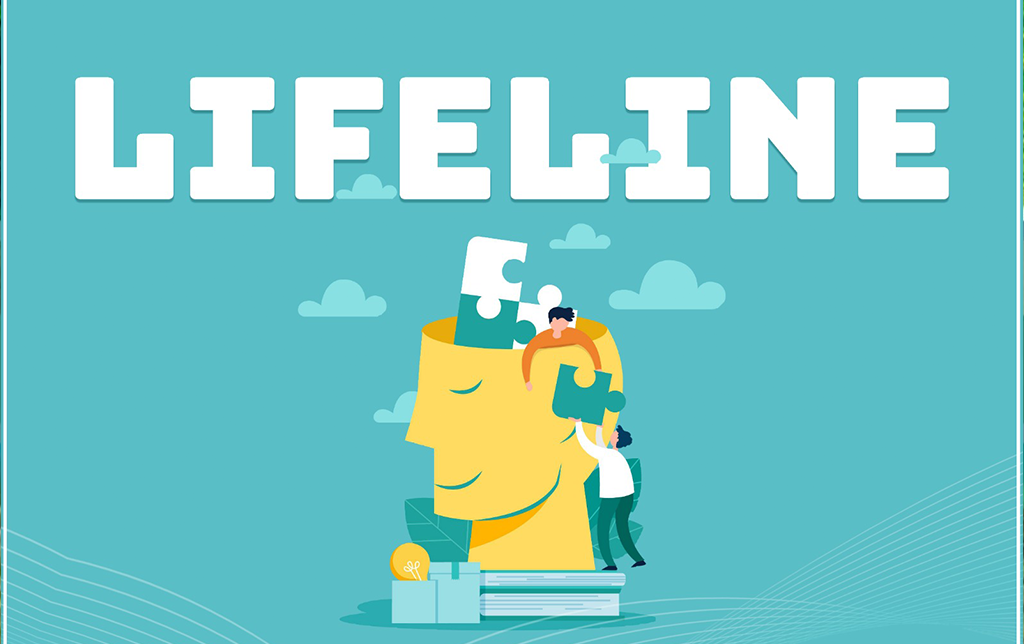
Project Lifeline
Suicide is a significant public health concern in Sri Lanka. It’s no secret that Sri Lanka has a
tolerant culture and encourages certain suicides, like altruistic suicide. It is common to observe
a permissive attitude toward suicide because suicides frequently cause concern for the
deceased.
Some media reports that give suicide a heroic status frequently promote suicide culture. The
inability of vulnerable individuals to cope and the failure of friends and family to acknowledge
their suffering are thought to be the main contributors to the recent increase in suicide rates.
Because lethal substances are readily available for self-poisoning during difficult times, easy
access to lethal pesticides and medications contributes to a high suicide rate.
The unofficial Rotaract motto, “Fellowship Through Service,” refers to meeting new people and
improving the community at the same time. The IIT Rotaract Club places a high value on giving
back to the community. To assist people with their mental health, our club’s Community Service
avenue launched the Project Lifeline initiative. Numerous people require assistance with their
mental health but lack access to the necessary resources. Therefore Rotaract in IIT launched
Project Lifeline in order to address this issue.
Four phases of Project Lifeline were first introduced. Studies show that there have been a
significant increase in suicides worldwide. People’s decisions to commit suicide were frequently
influenced by their mental health. Together with the National Institute of Mental Health, we
made the decision to address this problem. Nearly 80 people participated in an online session
led by doctors Nadeera Attanayake and Wajantha Kotalawala from the National Institute of
Mental Health to discuss the value of mental health, its causes, and the various things that can
be done.

By holding career development and mental health sessions at Ragama’s Diyagala Boys Town on
March 17, we were able to wrap up the second phase. Dr. Maliduwa Liyanage Harshini and D.V.
Gayajith Sanjeewa Fonseka were our special guests for this event, which attracted more than
fifty students. They both delivered an excellent presentation on dealing with mental illness and
how studying can improve one’s chances for the future.
The session was finished with a friendly football game between the boys from the orphanage
and club members.
In the third stage of the project, we were able to deliver a fully functional computer lab to the
Thalahena rehabilitation center in collaboration with Mitsubishi Motors and Standard
Chartered. Additionally, we were able to hold a session where the rehab patients could learn some fundamental IT skills. This had as its main goal giving rehabilitation facilities support for
education and computer literacy.






